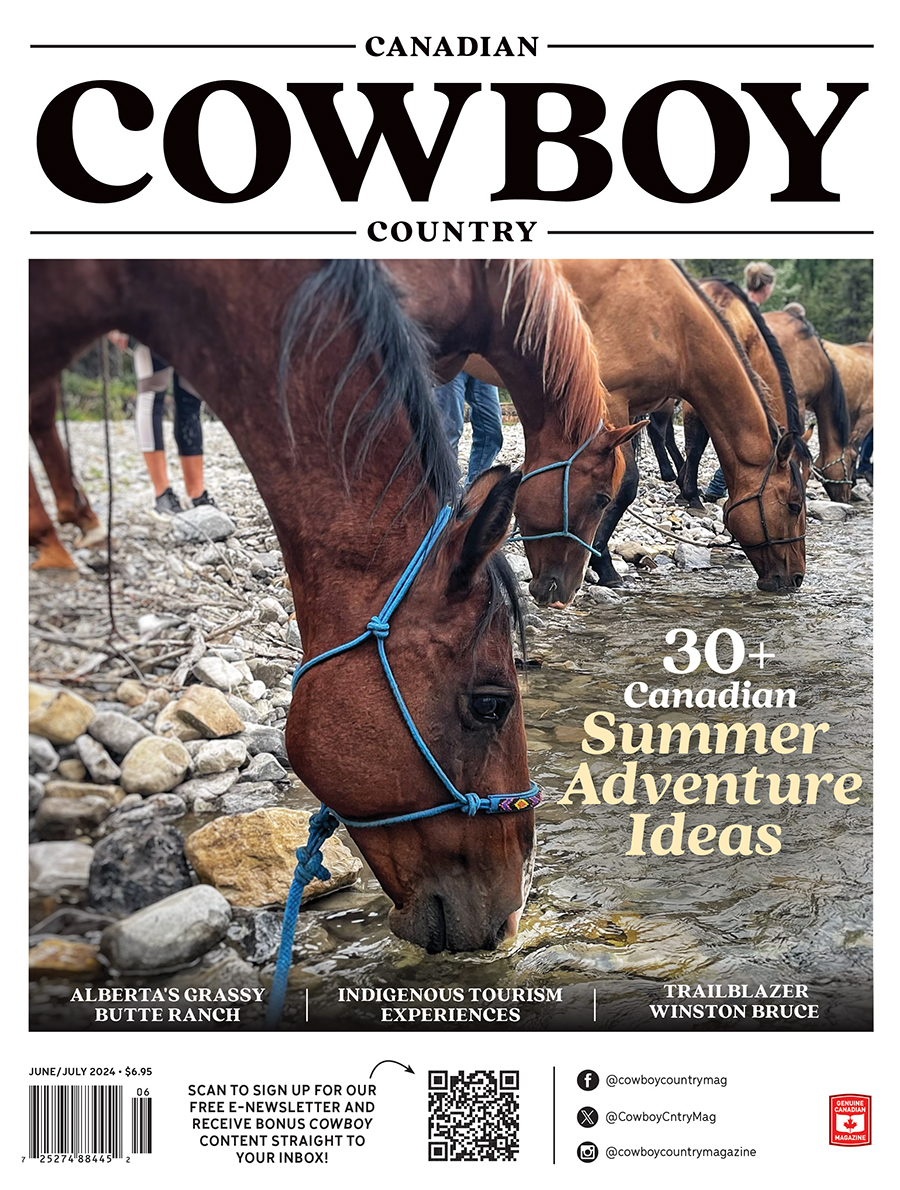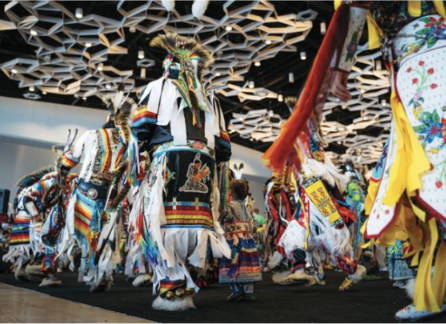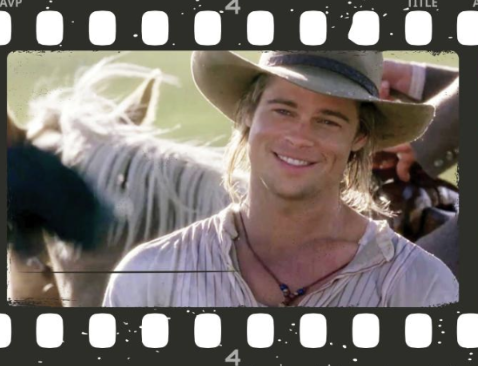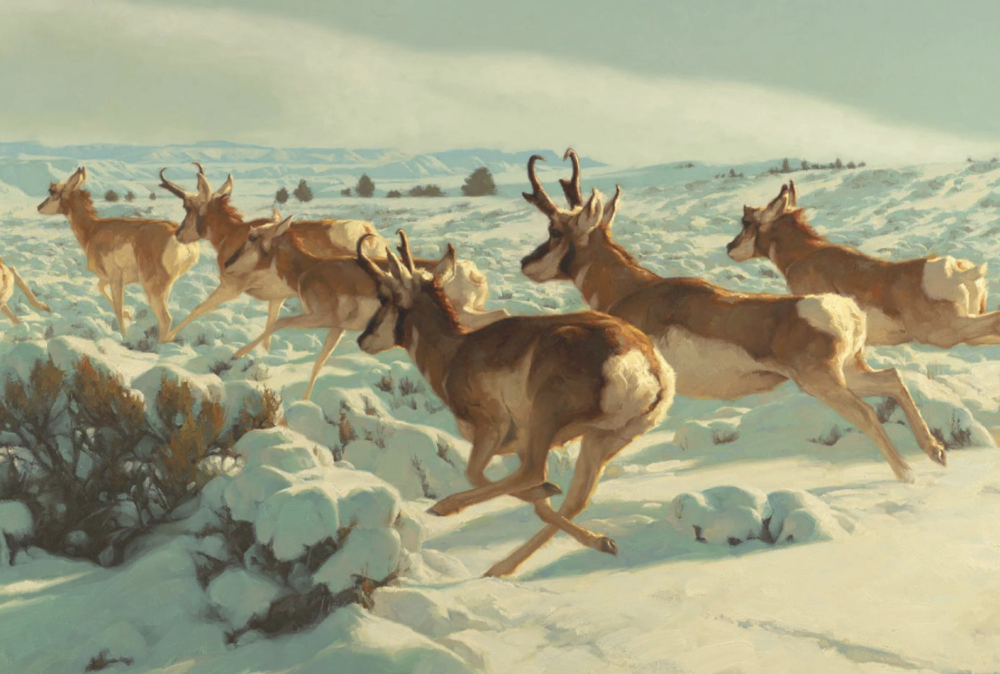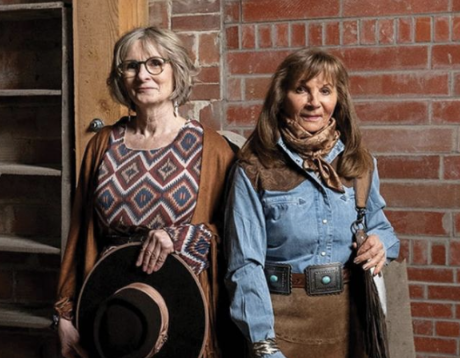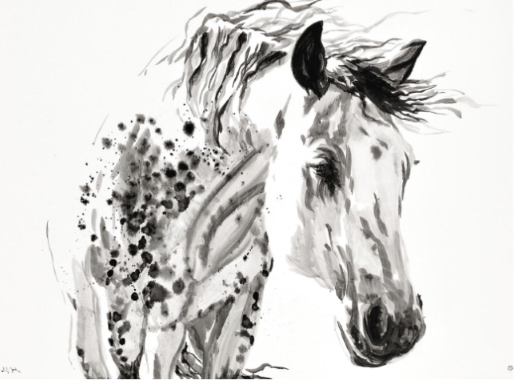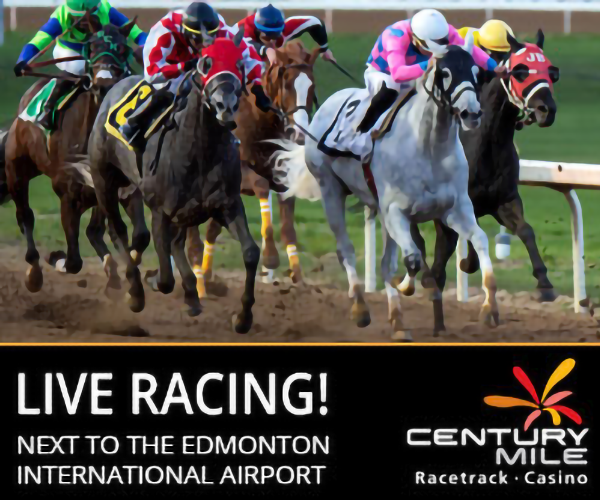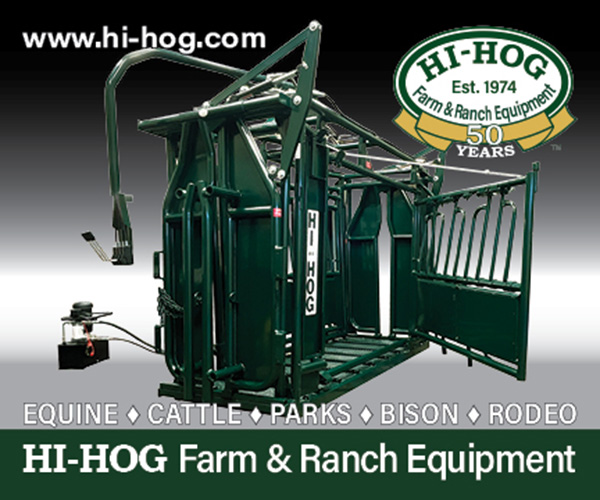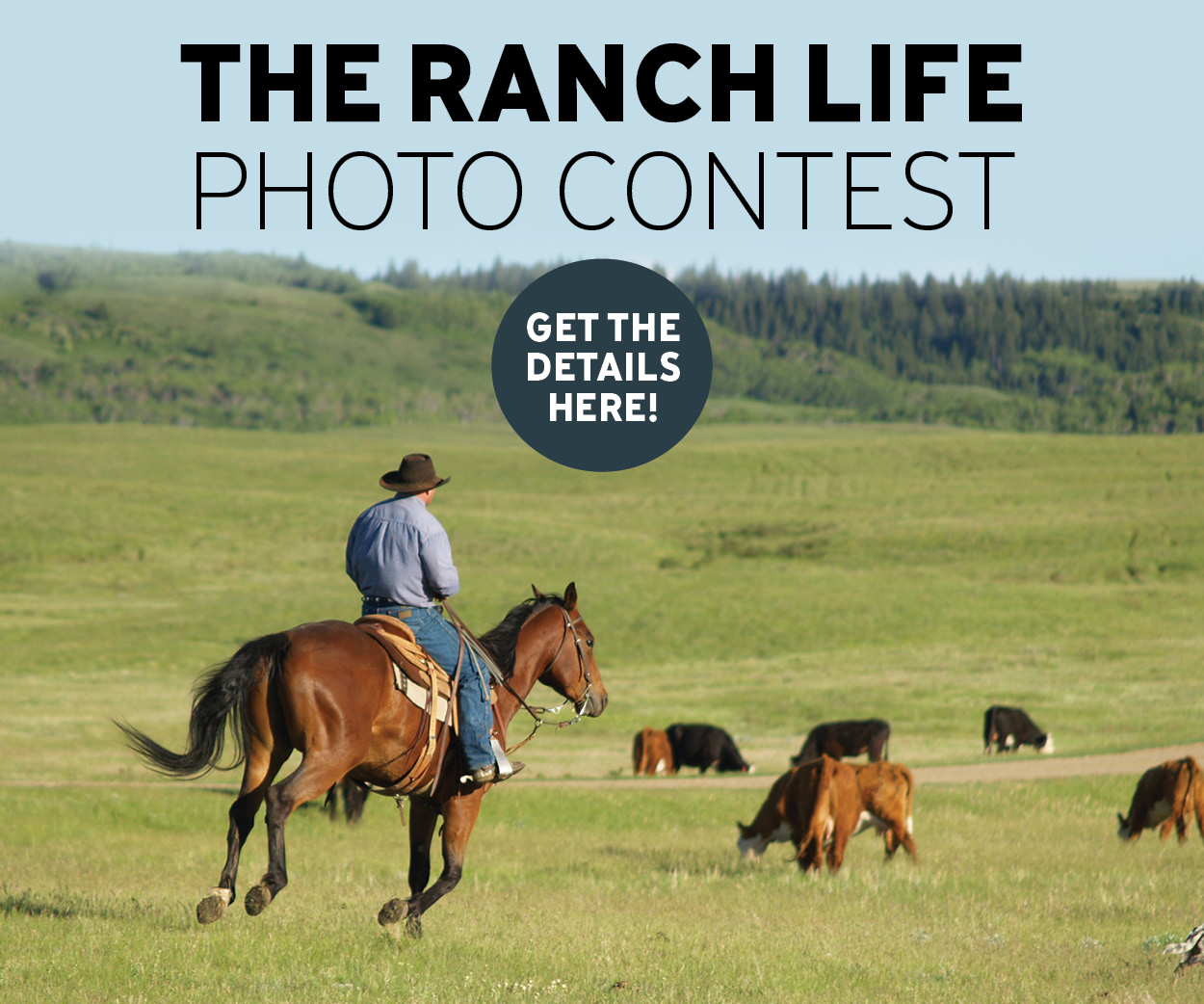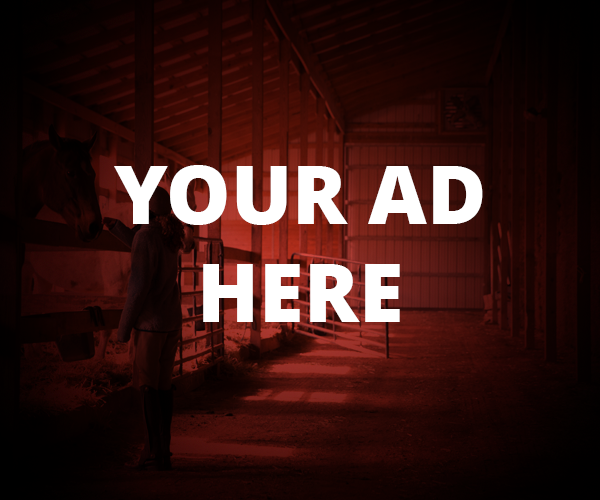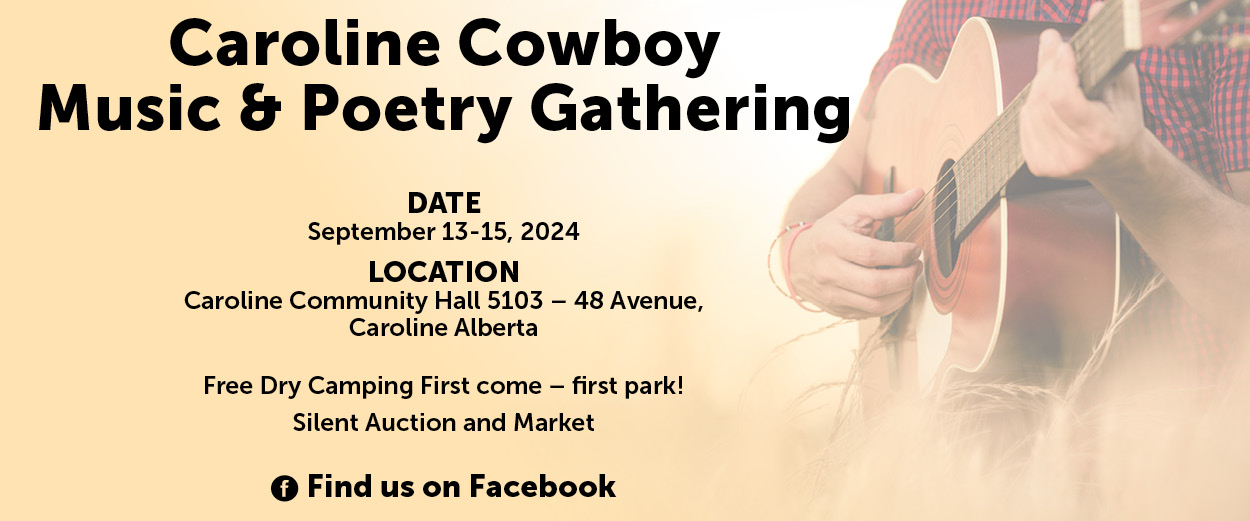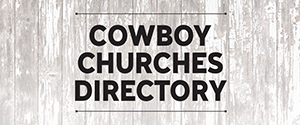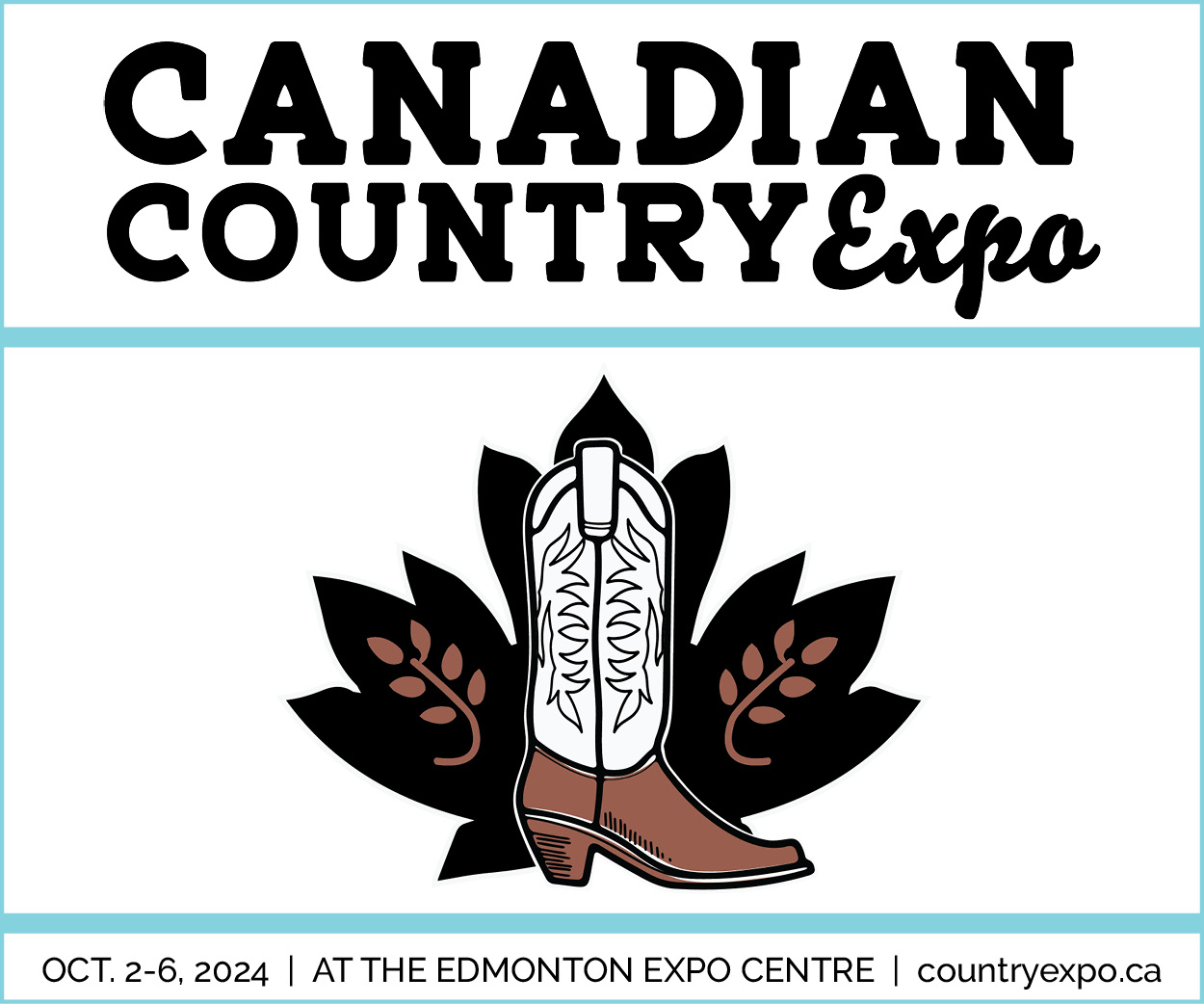By Tim Ellis
It’s the equivalent of officiating seven different sports in one game. That’s the task that faces Pro Rodeo Canada officials every weekend of the spring and summer.
“We don’t get the option of missing an event if it’s a little harder for us,” says Lane Peterson, who began judging rodeos after attending a clinic hosted by the Canadian Cowboys Association nearly 15 years ago. “It’s important to understand all events and the different rules of each event.”
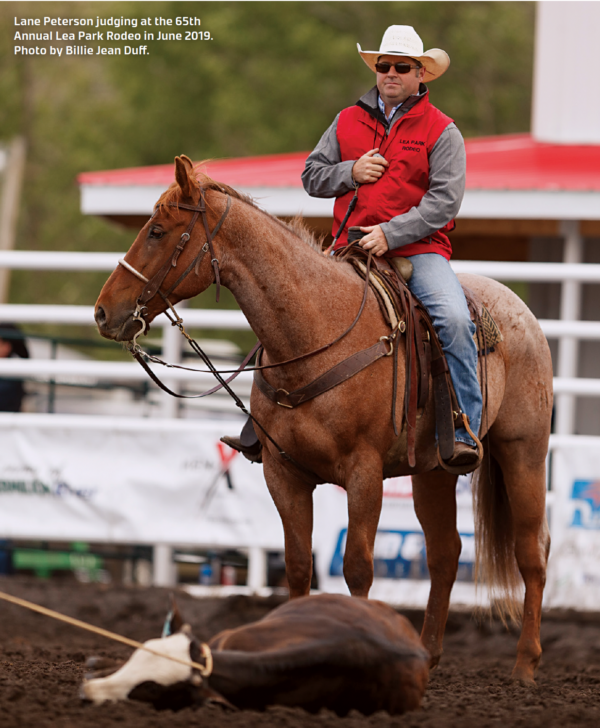
“Whether you’re flagging or marking scores, you need to learn the subtle nuances of each event, like positioning and figuring out your spread in the riding events. You should know which horses and bulls are more difficult than others. Part of judging is taking the time to learn about each event, not that you have to be an expert in every event, but you do have to understand it.”
But even if you put in the time and effort to do that, there’s no guarantee it will be enough when you get in the rodeo arena.
“Because rodeo is unscripted, you never know what you might see,” offers Peterson. “As much as you prepare yourself, and as good as you know the rules, there will still be times you’ll need to make a decision based on your experience and common sense. Repetition is a big key.”
Dale Reid, who’s been a CPRA judge for some 25 years, agrees.
“You never stop seeing new things.” says Reid. “Just when you think you’ve seen it all, there’s something different that comes along.”
“You have to be able to switch your mind up from one event and get over to the next one. And you must make quick decisions. When you’re first learning, you might hum and haw a little bit, but after awhile, you learn to know what you’re watching.”
Both Reid and Peterson come from rodeo backgrounds, which they agree helps in the job.
“I didn’t decide to be a judge until I broke my arm back in 1990,” reveals Reid, who was a bullrider and had family that participated in the timed event end. “While I was healing up, Terry Cooke (current CPRA president), who was the judging director at the time in the Northwest Rodeo Association, asked if I’d be interested.”
“I jumped in blind, started at the amateur level for about four or five years and then the CPRA called to see if I was interested in attending a clinic.”
Peterson’s rodeo involvement came from the stock contracting side in Saskatchewan.
“I’ve been around the sport for over 40 years,” says Peterson. “We supplied horses and bulls to rodeos across North America from the time I was a baby until we sold out in 1997.”
And while having been involved in rodeo is an obvious benefit, both agree it is not a prerequisite for the job.
“You could potentially be good at it if you were willing to become a student of the game,” believes Peterson. “But you need to be committed enough to do that.”
“I would advise anyone wanting to become a judge to really pay attention to other officials,” suggests Reid. “And study the rule book. I still run through it quickly before a rodeo, just as a refresher.”
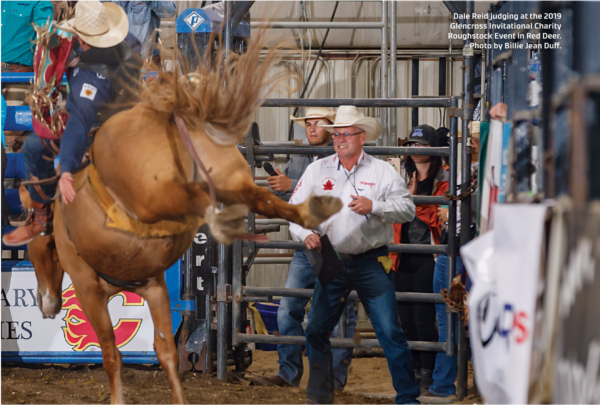
Another piece of advice.
“Stick to your call, and don’t be intimidated,” offers Reid. “You try your darndest to make the right call, but if you make a mistake, you need to eat it. It bothers you when you do make a mistake, but it happens.”
“Everyone has made mistakes,” agrees Peterson. “You hope they don’t happen but there are always tough calls and split-second decisions. Not everyone is always happy.”
Reid and Peterson carry with them a combined 16 years of judging experience at the Canadian Finals Rodeo. Reid’s first call to the CFR came in 1996, while Peterson was selected to work the Finals for the last seven straight years.
“You have to be professional no matter if it’s the CFR or a small rodeo during the summer,” contends Reid. “It’s just as important at the smaller rodeo because that’s what gets the cowboys to the Finals.”
“If you’re flagging on the final day of the CFR, it’s pressure,” begins Peterson. “But you need to treat it as if it’s just another run.”
And like all jobs, there are drawbacks and benefits.
“There’s a lot of travel from May to November,” advises Peterson. “Lots of driving all night to get back for work. But I went to Australia and did some rodeos over there and toured around the U.S. a bit.”
“Once we’re at a rodeo, we don’t have to jump in the truck to get to the next one like the cowboys do,” says Reid. “I wouldn’t be doing it if I wasn’t enjoying it.”


